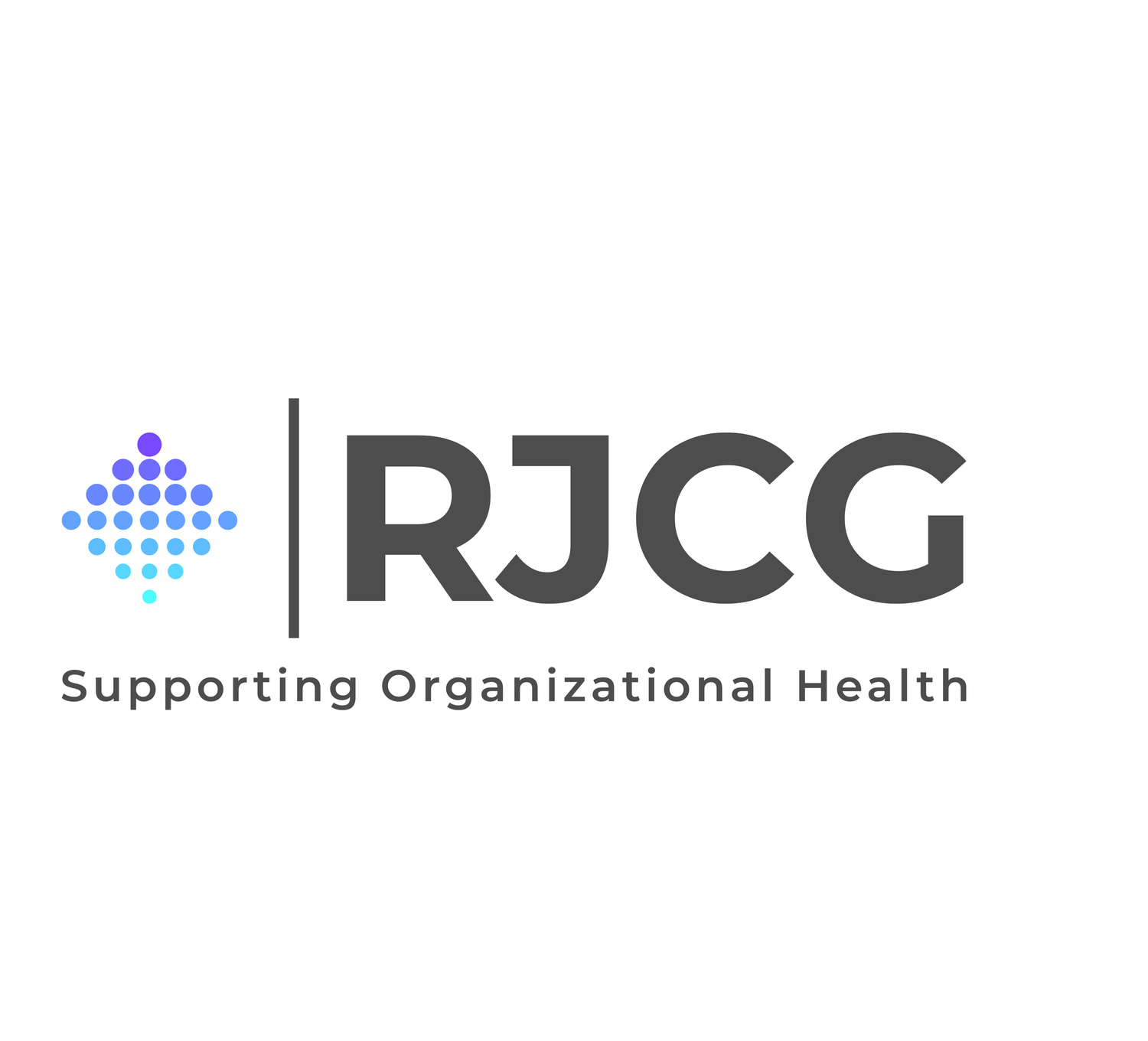Organizational leadership often includes technical, managerial, and strategic elements and is regularly defined as a set of aspirational skills and characteristics, such as assertiveness, decisiveness, value-based decision-making, curiosity/openness, high standards, interpersonal responsiveness, courageousness, visionary thinking, accepting responsibility, and being a role model/mentor for others. Although these characteristics are often associated with effective leaders, what needs to be more clearly articulated is how to achieve these traits and skills consistently and sustainably. Developing and optimizing effective leadership skills is a process. It takes regular practice to cultivate the mindset of leadership. A personally-defined spiritual practice is an essential aspect of re-orienting/grounding our thinking and embodying these characteristics, especially in the context of the multiple, often simultaneous, demands that bombard organizational leaders.
Spirituality is a very personal issue. I do not dictate or define what spirituality means to my psychotherapy or executive coaching clients. Mostly I listen, to hear what makes them light up and align with the voice of their Real Self.
Through my clinical work and research (Johnson, 2009, 2013), I realized that although spirituality is uniquely defined and experienced, common themes emerge. The most common theme across a variety of faiths and practices is present moment awareness. While this is typically associated with Eastern philosophical traditions, mindful awareness is the cornerstone of how to connect with spirituality for many spiritual practices, even if the content of the beliefs differs greatly. (See my first book, Reclaiming Your Real Self: A Psychological and Spiritual Integration, for an expansive discussion of the topic.).
A personally-defined spiritual practice, which supports life-affirming activities and mindset, is an invaluable part of the process of attaining the skills and characteristics associated with effective organizational leadership. At Rick Johnson Consulting Group (RJCG.org), our consultant/coaches utilize my Differentiated Self Leadership model, which incorporates mindful awareness with psychological and spiritual practices to assist leaders in increasing the relational cohesion of their teams and the intentionality of their leadership.
Visit RickJohnsonPhD.com and RJCG.org to learn more about individual coaching as well our organizational consultation model.

